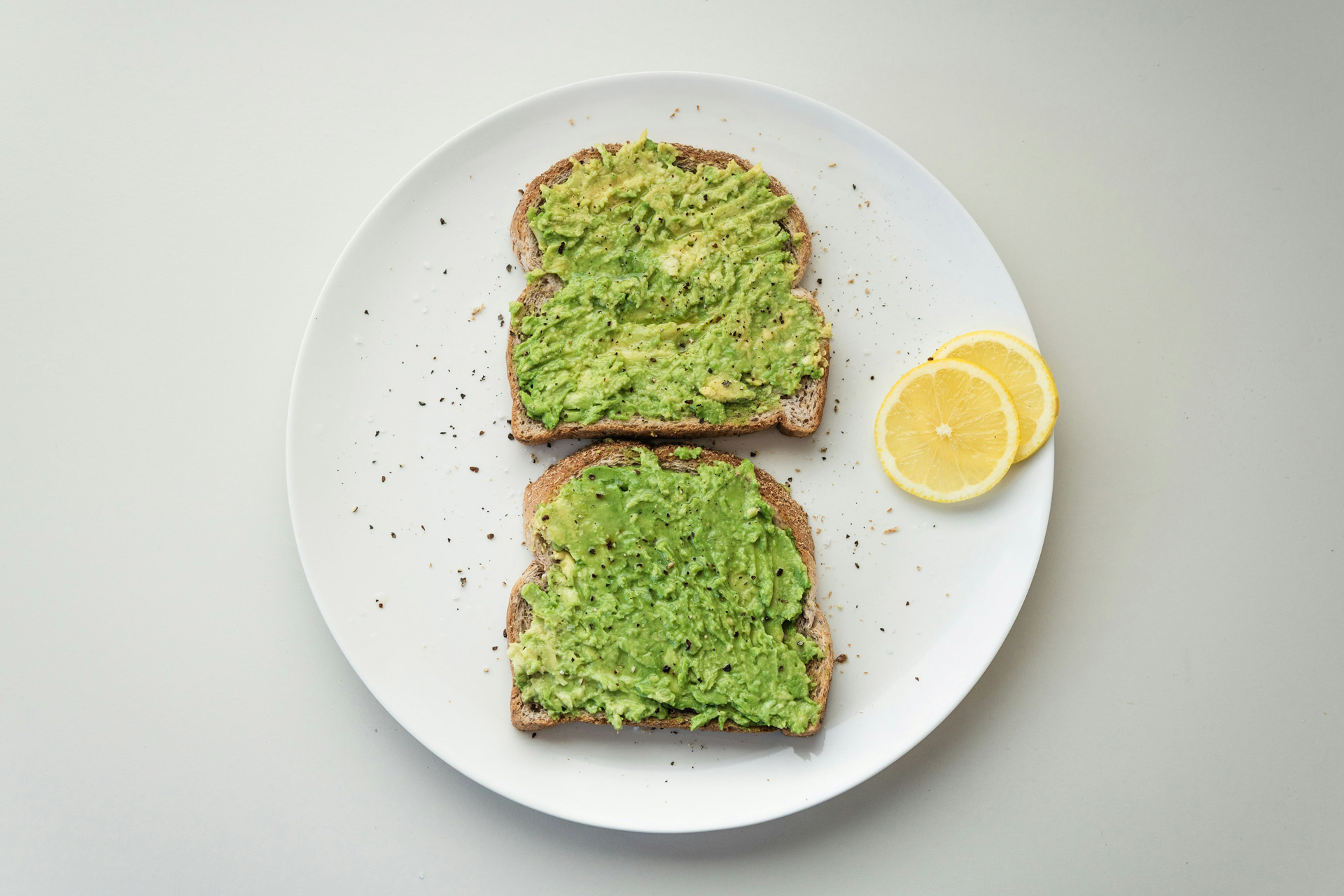
What Is The Longevity Diet?
By
5 months ago
Key rules for upping your healthspan through your plate
Scientists have long been exploring the link between diet and longevity, but in recent years research has skyrocketed. It’s arguably the biggest topic in the health sphere right now, with a constant stream of studies highlighting new ways to slow ageing – from drinking coffee to going vegan. But what is the ultimate longevity diet?
Dr. Valter Longo has dedicated his career to answering this question. He’s an Italian-American biochemist, and heads up the University of Southern California’s Longevity Institute, one of the world’s top centres for research surrounding ageing. In 2018, Dr. Longo translated his findings – accumulated over 30 years – into a landmark book titled The Longevity Diet. So what are some of the key rules to follow? We asked one of Dr. Longo’s fellow longevity experts, dietician Melanie Murphy Richter, to share the nutrition tips we should follow for a longer, healthier life.
How To Eat For A Longer Life, According To A Longevity Expert
1. Focus On A Plant-Forward Diet
Dr. Longo’s formula doesn’t say we have to go fully vegan, but plants should be the cornerstone of our diet. ‘Centre your meals around vegetables, legumes, nuts, seeds, and whole grains – foods rich in phytonutrients and fiber that keep your cells resilient and your gut thriving,’ says Richter.
Really, this is no surprise: we all know plants are packed with natural goodness. But there’s also an abundance of evidence to back it up, and not just from Dr. Longo himself. A recent study from the University of Borgen, for instance, concluded that following a plant-based diet adds years to your life, based on data on premature death compiled by 7,000 doctors and scientists around the world.
2. Choose The Right Proteins
Protein is also pivotal for a long life – provided we’re not overconsuming meat, says Dr. Longo. Endless studies have prompted warnings about the dangers of eating too much meat, particularly when it comes to heart health. According to researchers at the University of Oxford, eating one-tenth of a pound of meat each day increases our risk of developing heart disease by 18 percent.
Yet some meat and fish is recommended in Dr. Longo’s book. Oily fish in particular has been linked to longevity, due to its content of omega-3 fatty acids, which can help support both brain and heart health.
‘Enjoy modest portions of animal protein a few times a week to help support a long, healthy life,’ Richter recommends. ‘Lean on plant-based proteins as often as possible, and keep overall protein intake adequate, but not excessive. Ideally, avoid overconsumption of animal proteins like whey, red meat, or chicken to avoid overstimulating pathways like IGF-1 that accelerate ageing.’
3. Embrace Healthy Fats
While saturated fats can cause a build up of bad cholesterol, which can increase your risk of heart disease and stroke, unsaturated fats are important for heart health. ‘Extra virgin olive oil, avocados, and nuts provide monounsaturated fats that are well known to protect heart and brain health while supporting healthy ageing,’ notes Richter.
Again, there’s plenty of science to demonstrate this, such as this Harvard study from 2019, which found consuming a high amount of unsaturated fats is associated with lower mortality. Researchers tracked 126,233 people for over three decades, examining the relationship between the types of fats consumed in their diets and looking at overall death rates among the group. ‘Our study shows the importance of eliminating trans fat and replacing saturated fat with unsaturated fats, including both omega-6 and omega-3 polyunsaturated fatty acids,’ said the study’s senior author Frank Hu, professor of nutrition and epidemiology at Harvard Chan School.

Unsplash
4. Incorporated Prolonged Fasting
Dr. Longo is known for developing the Fasting-Mimicking Diet (FMD) which offers the benefits of fasting without completely cutting out food. This involves consuming a plant-based diet for five days, in which you’ll consume a specially designed programme of soups, energy bars, snacks and drinks. You can find out more about it here.
‘Incorporate prolonged fasting wisely,’ advises Richter. Periodic cycles of fasting or fasting-mimicking nutrition throughout the year can reset your body at the cellular level – supporting renewal, resilience, and metabolic balance. Research shows that completing just a few cycles annually can help reduce your biological age score, protect lean muscle while targeting fat loss, and extend the years you spend in good health – all without the extremes of traditional fasting.’
It’s worth noting that undertaking an FMD isn’t for everyone. ‘There are potential contraindications with medical conditions such as diabetes and heart conditions,’ notes nutritionist Kim Pearson. ‘If you have a health condition or are taking medications you should always check with your doctor before undertaking a FMD.’
5. Eat With The Sun
It’s not just what we eat that matters: the timing of our meals also contributes to healthspan. ‘Align your meals to daylight hours, and ideally within a 10–12-hour window, finishing dinner earlier and avoiding late-night snacking,’ Richter suggests. ‘This circadian pattern gives your body the natural fasting window it needs to restore balance, support hormone health, and keep your metabolism working in sync with your biology.’
Dr. Longo recommends aiming to finish your dinner three hours before you plan to go to sleep, ideally eating breakfast after 8am and ending dinner before 8pm.






















